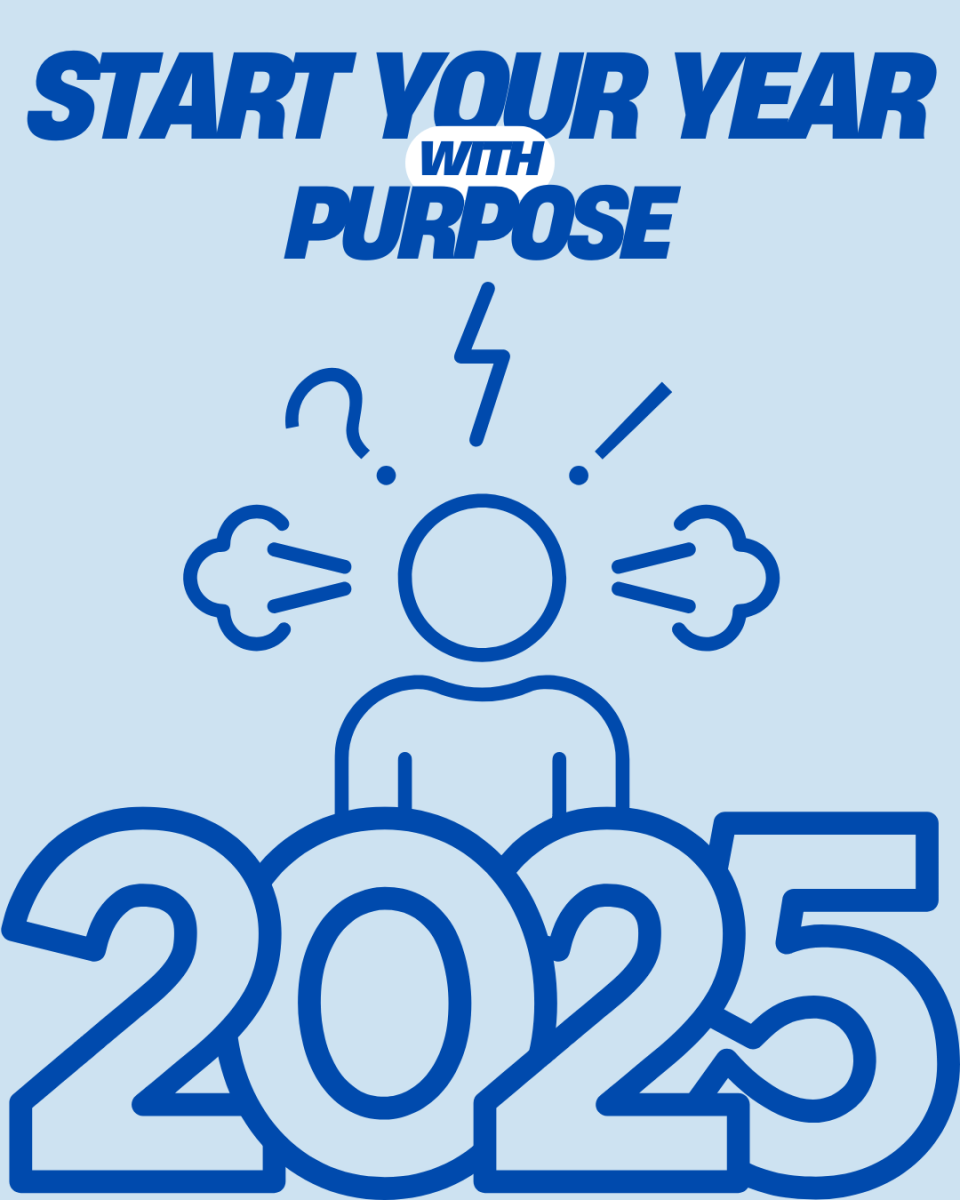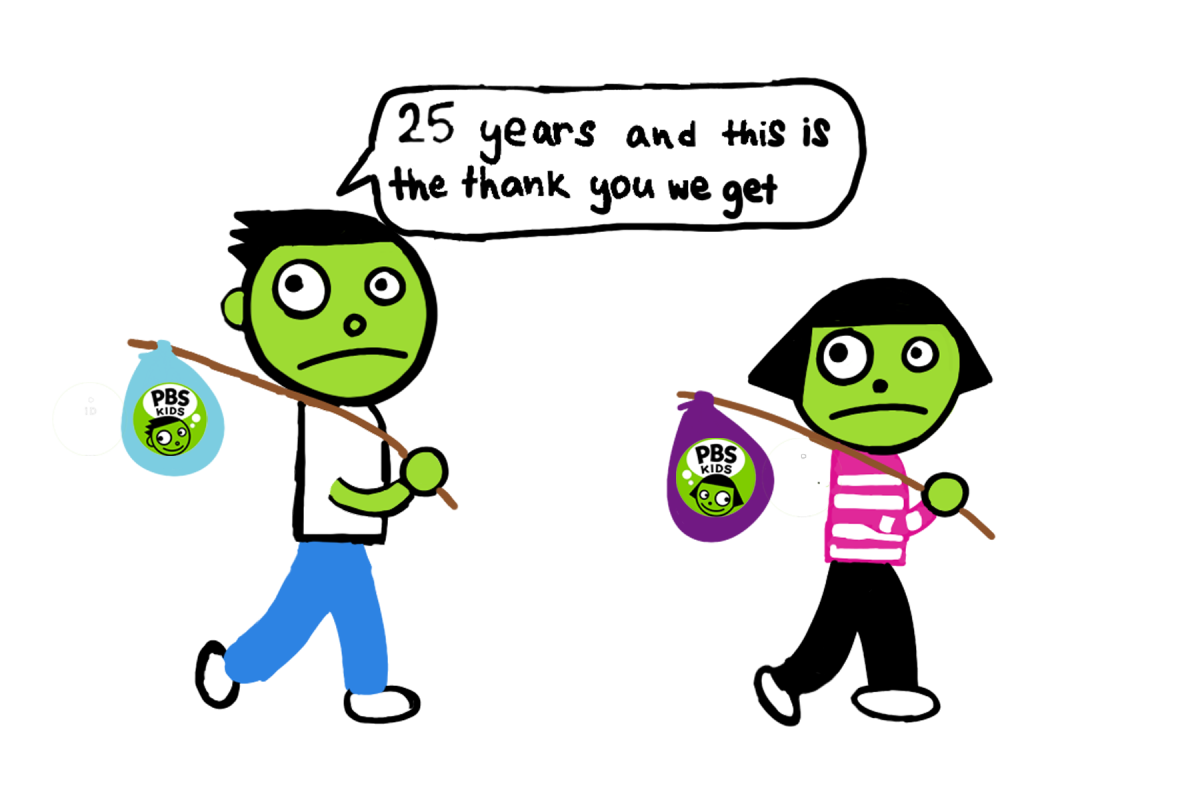The clock counts down, 3… 2… 1… it’s 2025! A new year is a celebration, everyone stays up late, waiting for it to arrive. It’s a fresh start, a blank slate, a chance to change yourself for the better. This is what leads most people to creating new year’s resolutions.
New year’s resolutions have been a tradition for almost 4,000 years, starting with the ancient Babylonians who made promises to gods to pay back their debts when the new year came around. Other groups started similar traditions, including the Romans who offered sacrifices and made promises of courtesy and politeness to the two-faced god Janus, who would look back at the past year as well as the year ahead.
Today, new year’s resolutions are secular, non religious, and people make them to improve themselves in the new year. At LSE, lots of students commit to make themselves better. According to a survey about new year’s resolutions taken by students at LSE, 65% of students made a resolution. The most common goals among LSE students were wanting to workout more, read more books and get better grades.
An anonymous LSE student who participated in the survey was critical of new year’s resolutions, believing that they “have always been too big for people to follow [and] many don’t end up going through with them like me”.
Another student didn’t make a resolution this year because they “prefer to focus on things like school and friends and family than working on extra things that I probably won’t finish.”
This is a common point of view surrounding resolutions. People often make resolutions, but before the end of January, they are forgotten. There is even a day for it – Jan. 10 is called “Quitters Day” because many resolutions are abandoned by then.
Although resolutions have been around for thousands of years, they may not be the best way to better yourself and create a new you. According to LSE English teacher Madison Hilbert, a “theme of the year” may be the way to go.
Hilbert has been teaching for six years and this year, she teaches classes ranging from English 9D to Women’s Lit. When asked about new year’s resolutions, she shared an unconventional idea. “I chose something that is a little bit more broad, just one word, to help me with some direction in my year and to not feel so regimented to just one idea, one thing,” Hilbert said.
This concept is called a theme of the year, and may be the solution to giving up on resolutions mid-year. “It is usually just one or two words to kind of serve as a compass for you when you make a resolution or if you’re wanting to reflect on what happened last year and take it in a new direction for the next year,” Hilbert said, explaining the idea.
Making a theme of the year not only allows you to reflect upon last year, but also leaves room for failure. Traditional resolutions are often too specific and rely on consistency and lots of free time to achieve. This is the reason many people give up on their resolutions. Once someone misses a day at the gym or forgets to read a few pages of their book, it seems like there is no point in continuing to work towards their goal.
This is why a theme of the year may be better. It allows flexibility, guiding your decisions instead of imposing a habit. By keeping one word in mind and allowing it to influence your year, you can take a day off without feeling like you have to give up completely.
Hilbert believes a theme of the year is a different way to think about goal setting and resolutions that isn’t the “traditional SMART goal.” SMART goals (specific, measurable, achievable, realistic, and timely) are very rigid, and while it may be helpful for some people to have detailed goals, they leave a lot of room for failure.
Hilbert thinks everyone should try this method out – if not for the year, then maybe try for a month or a “season of life.” For Hilbert, her theme of the year is “new” because she feels like she has been in a “rut” the last couple of years. “I order the same things at restaurants, I watch the same shows over and over again, and I want to push myself to do new things all the time. Whether that be taking a new way home after work, or trying out a new recipe, or starting a new hobby. I want to create new memories for myself and get excited about every day.”






